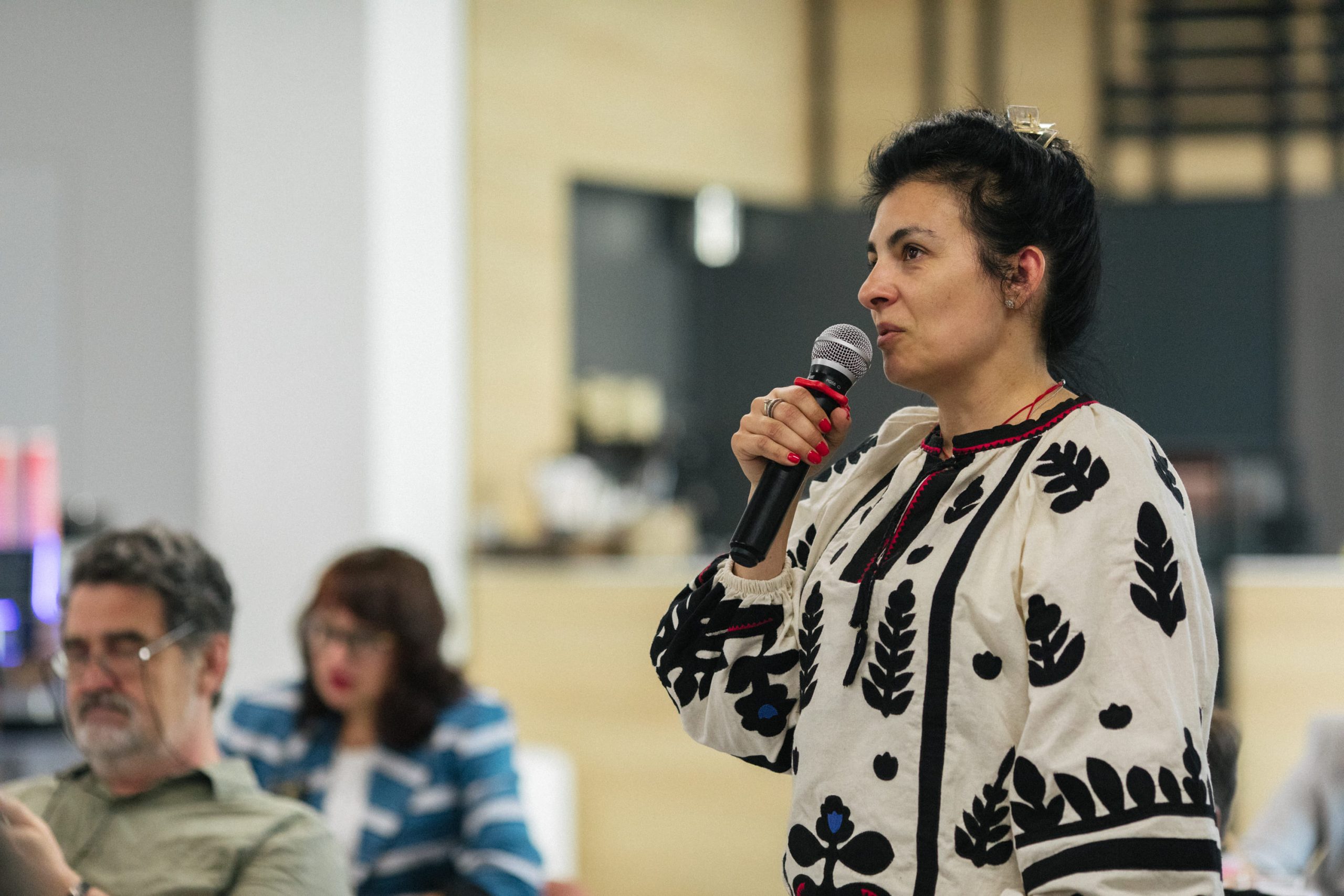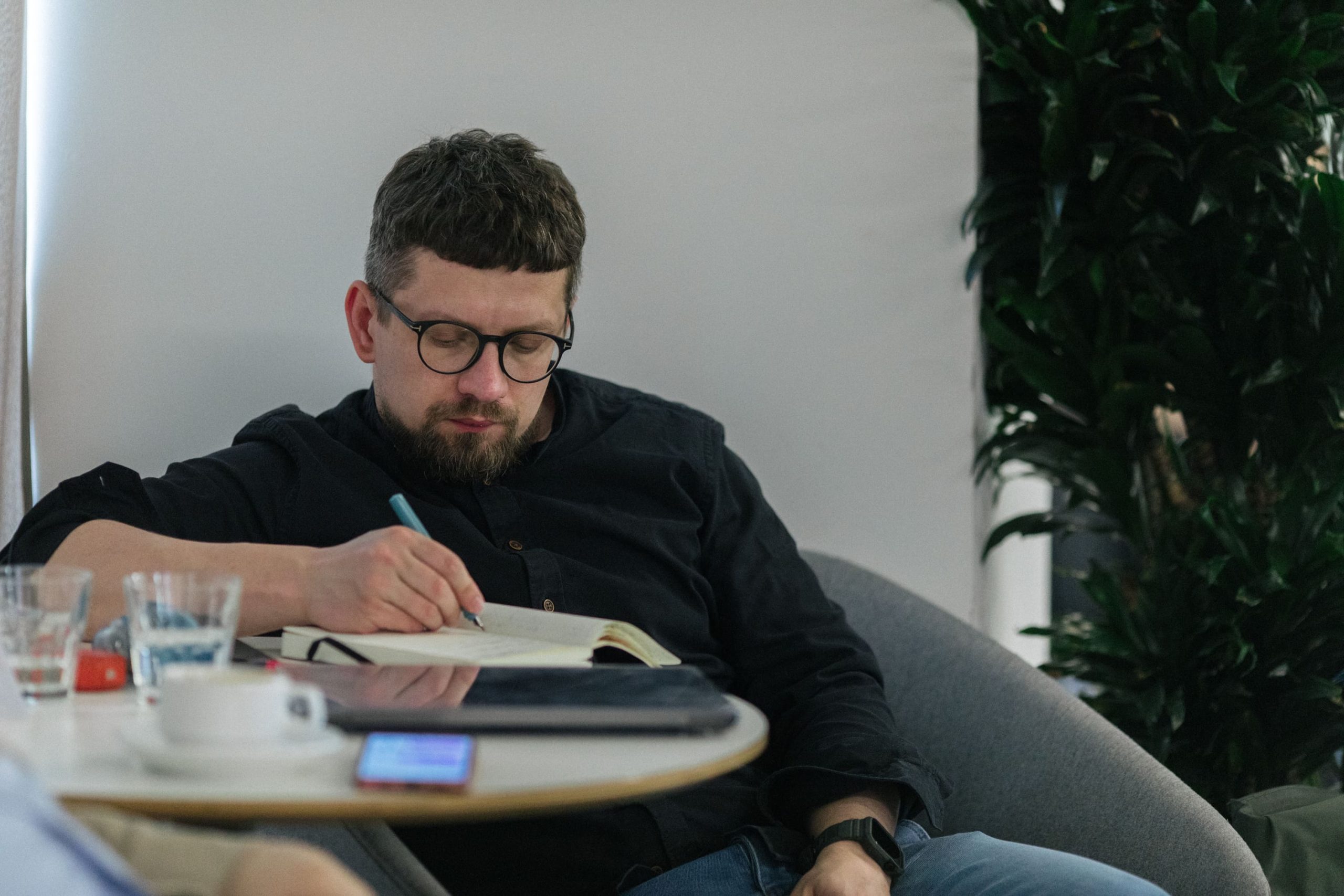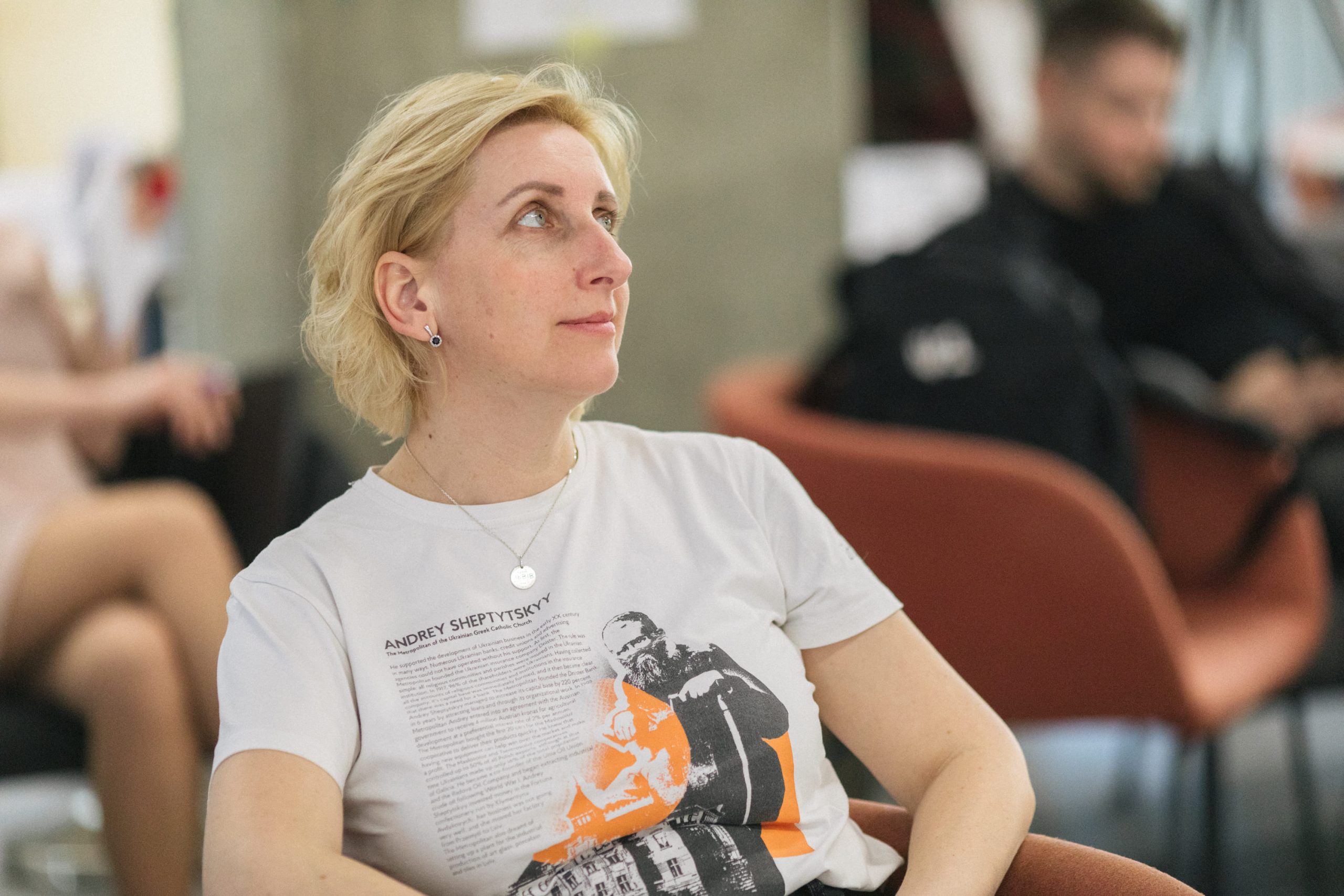The first Global Ukraine seminar was held on April 12 in Lviv, at the Business School of the Ukrainian Catholic University, and was supported by International Renaissance Foundation. The seminar focused on the Chinese strategy towards Ukraine. Below is the summary of thoughts shared by the seminar’s speaker Xiaoyu Lu, PhD (Oxford), from the School of International Studies, Peking University.

China’s position, according to a Chinese expert
There is a gap in perception between China’s real position and how it is presented in the Western and Russian media: it is incorrectly presented as an ally of Russia. Chinese leadership has consistently stated a position of minimal involvement and refusal to support either side. Such a position looks suspicious from the Ukrainian point of view.
China views Russia as an unpredictable and irrational actor. It was not informed about the Russian plans. The start of a full-scale war was a shock for China. China was ready for escalation of tension but did not imagine that Russia could start a full-scale war against Ukraine. During the first year of the war, China had been declaring a waiting position: it had been watching the development of the situation and the position of Europe, the United States, and the countries of the Global South. Starting from the second year, China has been declaring a position of maximum neutrality.

This position can be described as follows:
- China supports the sovereignty and the territorial integrity of Ukraine;
- China rejects the idea of security blocs in which the US play a leading role but doesn’t oppose the creation of a European security bloc;
- China supports the ceasefire but at the same time does not push anyone to negotiate;
- China believes that any problems must be solved politically;
- China does not supply weapons or even equipment to either side;
- China is categorically against the use or the threat of use of nuclear weapons.
China believes that such a position does not harm Ukrainian-Chinese relations but is aware that the Ukrainian assessment may differ.

China seeks the following:
- a quick end to the war,
- stable states and borders, no collapses, less uncertainty,
- good relations with everyone.
China takes the same position as India, a stable Russia corresponds to its interests. An unstable Russia threatens China’s interests, especially given the length of the Sino-Russian border and the presence of disputed territories.
China claims that there is no Sino-Russian alliance and that is has no levers of influence on Russian politics. China does not interfere in Russia’s internal affairs, but it is concerned about the growth of Russian nationalism and Russia’s unpredictability. Historically, Russia was perceived by China as an enemy.

China strives to clearly separate politics and economics and opposes the use of economic pressure to solve political problems. At the same time, China is using the current situation to solve its own economic problems, in particular, lowering the price of energy imports and increasing exports to Russia. China considers sanctions against Chinese companies for cooperation with Russia to be counterproductive because they encourage further cooperation with Russia and threaten China’s post-war participation in the reconstruction of Ukraine.
China opposes NATO expansion and believes that the US should not interfere in European security. China recognizes Ukraine’s European aspirations but does not approve of the intention to join NATO. China seeks to get rid of the US in the Asian region by discrediting the US as an unreliable partner that is losing global leadership, as evidenced by the Russo-Ukrainian war.
China does not believe that the West is sincerely helping Ukraine because of values but instead believes that the West is doing it for its own geopolitical interests.

Chinese society and Chinese elites are heterogeneous, and the decision-making process is quite complex. It is possible to define a spectrum of 7 groups, different in number and influence:
- Fans of Russia and the USSR, personal fans of Putin.
- Supporters of Russia as an anti-Western, anti-American force.
- Realist strategists, the most influential group who welcome the shift in American focus to Europe, believe that China will benefit from this war, insist on minimal Chinese involvement and the preservation of Russia’s integrity.
- Opportunist strategists who seek to weaken all sides, including Russia, in favour of China and seek to profit from the war, primarily by supplying Russia with weapons.
- Sympathetic realists who advocate a more pro-Ukrainian position, closer to the European one, and ending the war through negotiations. They see parallels between the current war and the Sino-Japanese war; they are fuelled by Chinese nationalist resentment.
- Peace-loving idealists who do not understand the Ukrainian desire to fight. A very common group among the masses.
- Supporters of Ukraine who see a war between good and evil and seek a complete Ukrainian victory.

Advice from a Chinese expert on possible actions of Ukraine in the Chinese direction:
- A close relationship with Taiwan as opposed to China is counterproductive.
- Under the conditions of Ukrainian sanctions against Chinese companies, Chinese companies will choose Russia, so Ukraine will lose.
- Western and Russian media «draw out» and «provoke» China to a public pro-Russian position in order to push Ukraine away from China.
- China supports Ukraine’s accession to the EU, but it is against Ukraine’s accession to NATO.

Evaluations of Ukrainian experts
During the discussion among Ukrainian experts, which was conducted in accordance with the Chatham House Rule, the following positions were voiced.
- The Ukrainian assessment of the Chinese position is diametrically opposed to the one offered by the Chinese expert, since it is the expanded trade with China (the sale of fuels by Russia, the purchase of electronic components and other materials) that is the basis for maintaining the stability of the Russian economy and the combat capability of its army.
- Ukrainian society sees China differently than China sees itself. Ukrainians consider China to be pro-Russian, they believe it supports Russia’s viability and military capability. At the same time, China itself looks at the world through the prism of Sino-American relations, and from this point of view, the current Russia suits China as an anti-American power.
- China is unable to formulate a political message to Ukraine that would inspire confidence. Chinese statements are considered insincere in Ukraine.
- Ukraine is largely considered in China as part of the Soviet heritage, as a post-Soviet space, a grey zone.
- China’s Ukrainian policy does not exist, it is derived from the policy towards the USA, Europe, and Russia.
- China is interested in participating in the reconstruction of Ukraine, but is Ukraine interested in this?
- China is actively promoting its interests in European countries in the same ways as in Africa. That is why China is interested in keeping Ukraine in the grey zone.
- Ukraine may be perceived by China as something similar to Vietnam: an obscure source of resilience. This restrains the development of Ukrainian-Chinese relations. And there is no need to speed up this development, because it does not bode well for Ukraine.
- China does not view the world through the prism of the struggle between good and evil, a characteristic typical for Western civilization.
- China is trying to combine confrontation with the West in the political sphere and cooperation with it in the economic sphere.
- China believes in great powers and spheres of influence.
- China is anti-imperialist and imperialistic at the same time.
- China has traditionally tried to win by indirect actions rather than by force. Most likely, China is not ready for a military confrontation.
- China’s economy is rather fragile and does not allow for full modernization of the army or economic expansion. Extensive growth is exhausted and may end in a sharp fall. Demographic problems are increasing.
- China has made a bet on artificial intelligence, which has no legal or ethical restrictions in China. Artificial intelligence is seen as a game-changing technology package that could propel China to a world-leading position in technological advancement.
- The US and Europe see the collapse of Russia as beneficial to China, but does China itself think so?
- China will win both in scenarios of consolidation of power in Moscow and in scenarios of collapse of power, while the worst scenario for China is the formation of new independent states oriented towards the democratic world.
- Ukraine must show China the benefits of a Ukrainian victory.
- Opinions of experts differed as to whether or not it would be beneficial for China to freeze the war at this stage. There are factors in favour of freezing (the war leads to excessive consolidation of the West, threatening Chinese trade with the West), but also there are factors in favour of continuing the war (profitability of Sino-Russian trade, distraction and weakening of the West). Such ambiguity is a consequence of the ambivalence of the Chinese attitude towards the West (trade and confront).






















